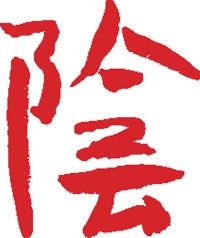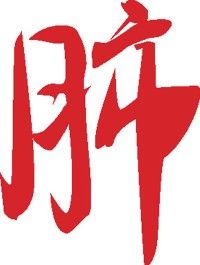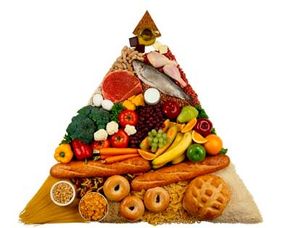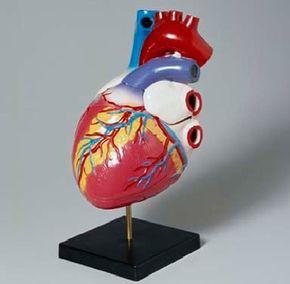The kidneys' function of regulating water metabolism in traditional Chinese medicine practice closely parallels their function in Western medicine, but their influence is much more far-reaching. They are the storage place for vital essence (jing), a subtle substance responsible for growth, development, reproduction, and fertility.
The kidneys are also considered the source of yin and yang for all the other organs, so a chronic disruption in their function can potentially affect any other part of the body.
The kidneys are the source of prenatal qi, which is inherited from the parents and interpreted as a person's innate constitution. Ultimately, the health and strength of the kidneys is the major determining factor in a person's long-term vitality and longevity. Symptoms of imbalance in the kidneys include low back pain, infertility, impotence or excessive sexual desire, urinary problems, tinnitus or deafness, edema, or asthma.
The Traditional Functions of the Kidneys
The kidneys store essence (jing). Jing, or essence, is a subtle substance that underlies all organic life processes. While it includes reproductive fluids, its scope goes far beyond this one area. There are two main types of essence: prenatal and postnatal.
Prenatal essence is derived from the genetic material of the parents as well as the vitality of their lifestyle, habits, and nutrition. It is essentially a person's inherited constitution at birth.
Postnatal essence, on the other hand, is within a person's control because it is derived from food and air. It is possible for a person who has a weak prenatal essence to lead a vital and healthy life through the maintenance of a strong postnatal essence.
A healthy diet and lifestyle, along with exercise and breathing practices, such as qi gong, are the means to achieving strong postnatal essence. In fact, a person with a weak constitution and a healthy lifestyle is better off than a person with a strong constitution and an unhealthy lifestyle.
The latter often goes for years without any illness and then suddenly succumbs to cancer or heart disease. The person with weaker prenatal essence, on the other hand, is unable to get away with an unhealthy lifestyle because he or she gets immediate feedback in the form of illness or fatigue.
The kidneys control water metabolism. The balance of yin and yang in the kidneys determines the efficiency of water metabolism in the body. When kidney yang or kidney qi are deficient, excessive urination or edema (swelling due to severe fluid retention) may occur. The kidneys grasp the qi.
While the lungs are the body's major organ of respiration, the kidneys provide the "grasping" force that is necessary for full inhalation. When kidney yang or kidney qi is deficient, therefore, a person may suffer a difficulty in inhalation, as is experienced by people with asthma.
The kidneys control the bones. According to Chinese physiology, the kidneys are also responsible for the development of strong bones. When the kidneys are deficient, a person may have brittle bones and, subsequently, repeated injuries and poor dental health.
The kidneys produce marrow and are connected to the brain. Marrow has a much broader function in traditional Chinese medicine than it has in Western medicine. In the latter, it is involved primarily in bone and blood-cell growth. In Chinese physiology, marrow is derived directly from essence, and it is the source of the substance that makes up the brain. Deficiencies in essence or marrow can appear in cases of mental retardation.
The kidneys open into the ear. This function has great clinical significance: Hearing difficulties can often be treated by nourishing the kidneys. Babies are considered to have undeveloped hearing capacity due to the lack of maturation of kidney energy; elderly people tend to have ringing in the ears (tinnitus) or impaired hearing due to a depletion of their kidney qi over time.
The Pericardium (Xin Bao)
The pericardium provides a shield around the heart to protect it against external pathogenic factors. Sometimes considered a sixth yin organ, it has no separate functions of its own.
For more about traditional Chinese medicine, treatment, cures, beliefs, and other interesting topics, see:
ABOUT THE AUTHORS:
Bill Schoenbart has been practicing traditional Chinese medicine (TCM) since 1991, when he earned a Masters degree in TCM. He teaches TCM medical theory and herbalism at an acupuncture school in California, and also maintains a clinical practice.
Ellen Shefi is a licensed massage technician, licensed acupuncturist, and registered dietitian. She operates a private acupuncture practice, has assisted in developing acupuncture protocol, and has contributed to a national research project funded by the National Institutes of Health Office of Alternative Medicine. She is a member of the American Association of Acupuncture and Oriental Medicine, the American Herb Association, and the Oregon Acupuncture Association.




